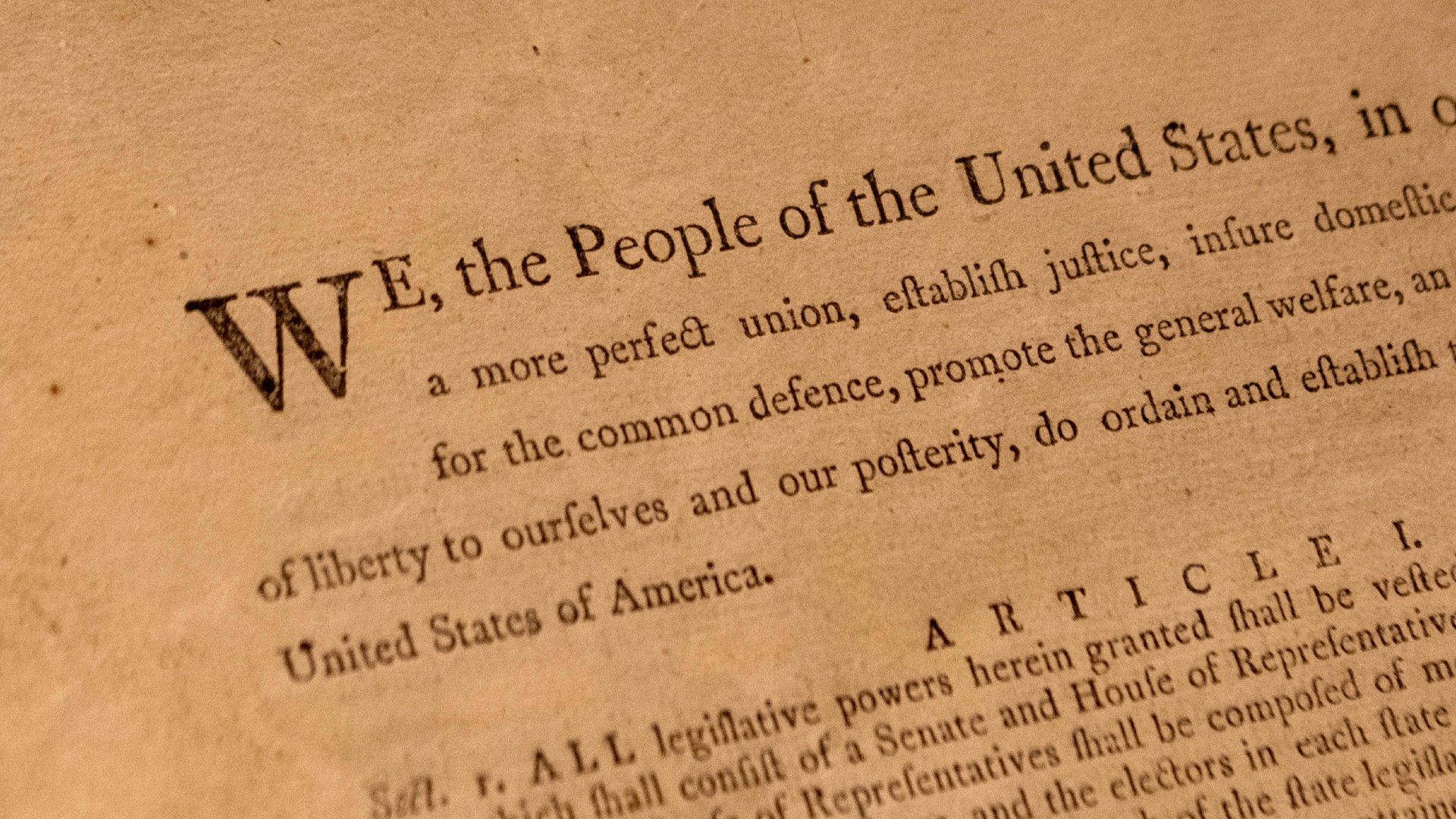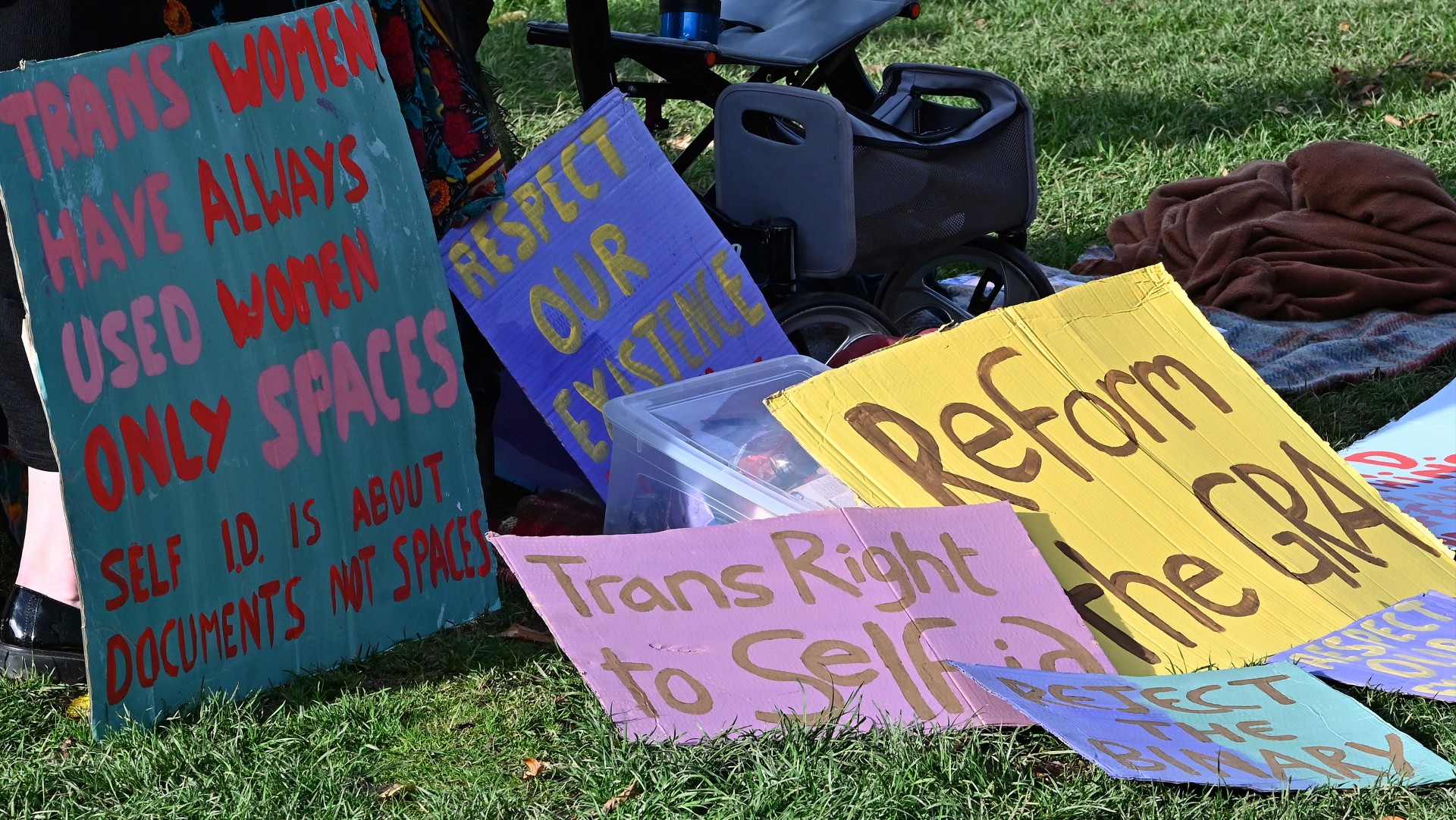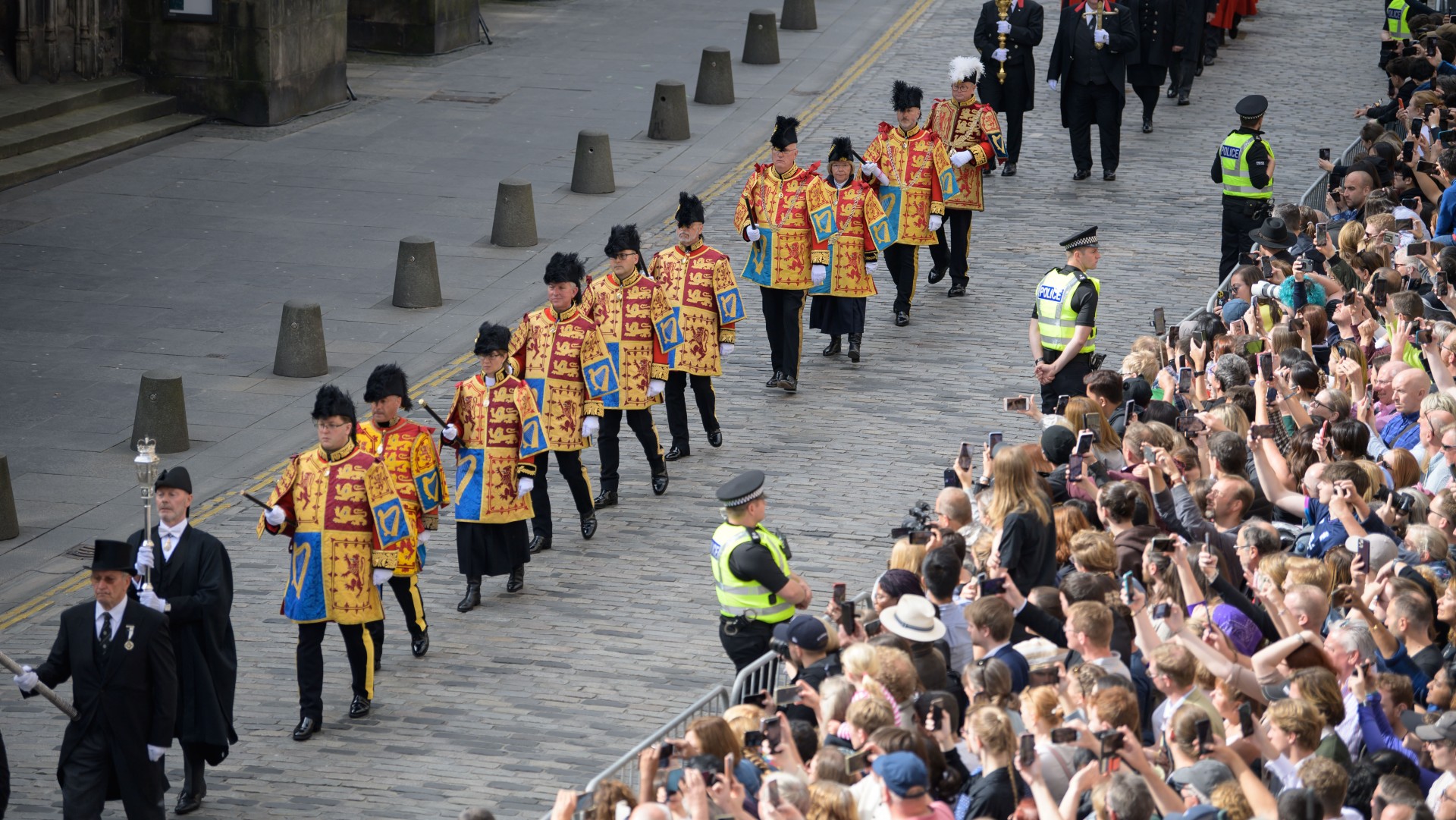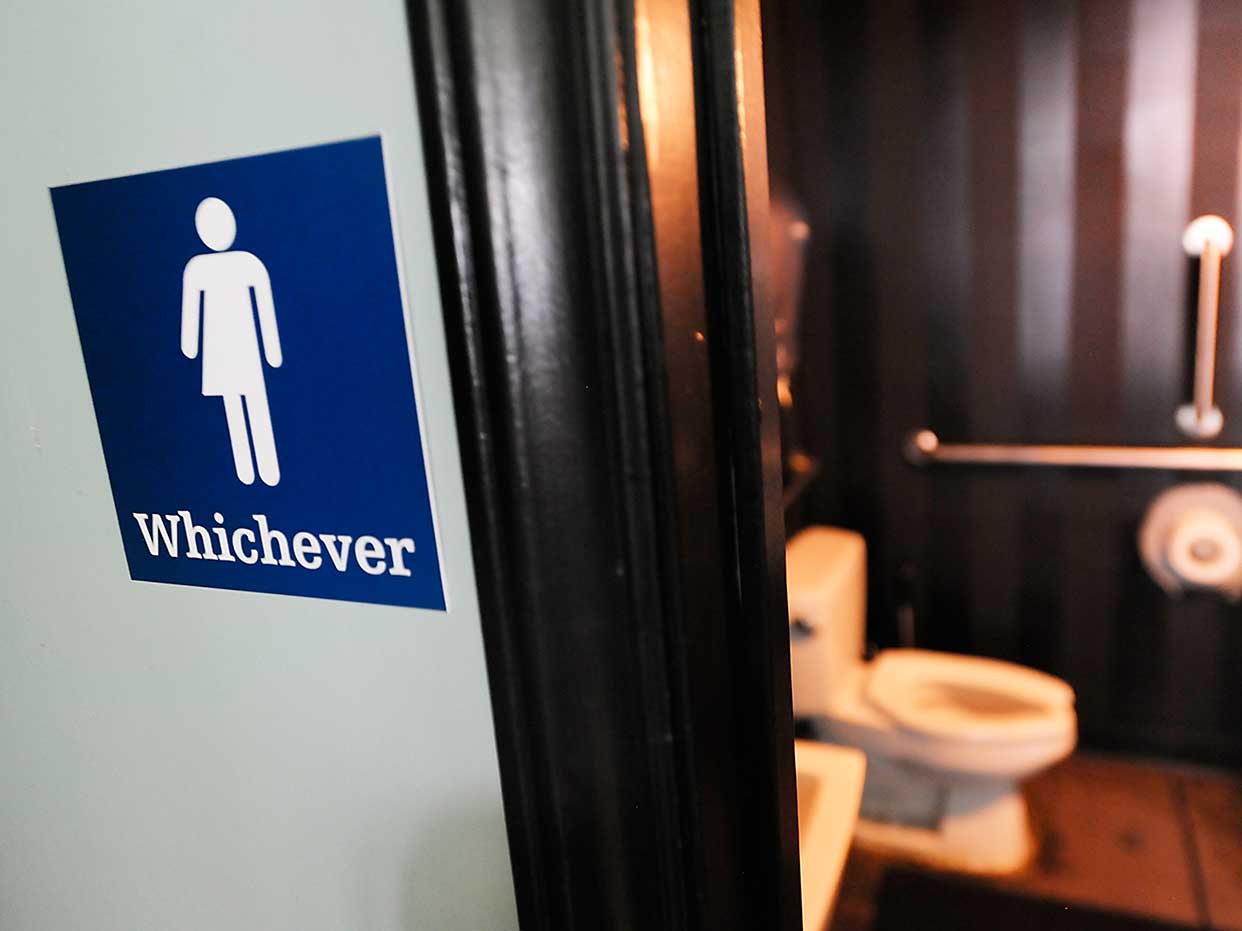‘Not proven’ no longer: Scotland abolishes ‘bastard verdict’
Scottish parliament to remove ‘legal idiosyncrasy’ in major reforms to the jury system

A free daily email with the biggest news stories of the day – and the best features from TheWeek.com
You are now subscribed
Your newsletter sign-up was successful
MSPs’ decision to scrap Scotland’s centuries-old option of a “not proven” verdict in a jury trial has delighted many crime survivors but raised legal worries about justice and conviction rates.
The Victims, Witnesses and Justice Reform (Scotland) Bill will abolish the “legal idiosyncrasy” that allowed Scottish juries to deliver a third possible verdict, along with guilty and not guilty, said the BBC.
The bill also introduces another major change to jury procedures: “raising the bar for guilty verdicts” to a “two-thirds majority”, instead of a simple majority, in an attempt to “allay concerns of some defence lawyers” that removing the “not proven” verdict could “make it harder for their clients” to get a fair trial.
The Week
Escape your echo chamber. Get the facts behind the news, plus analysis from multiple perspectives.

Sign up for The Week's Free Newsletters
From our morning news briefing to a weekly Good News Newsletter, get the best of The Week delivered directly to your inbox.
From our morning news briefing to a weekly Good News Newsletter, get the best of The Week delivered directly to your inbox.
Improve ‘shamefully low’ rape convictions
Politicians hope that removing the “not proven" verdict will improve “the shamefully low conviction rates for rape and attempted rape”, said The Scotsman. In 2022-23, only half (48%) of such cases resulted in a conviction – well below the “overall conviction rate of 88%”, said London’s The Standard
“Not proven” is technically a differentiated acquittal: although the jury may not be convinced enough of the accused’s innocence to agree on a non-guilty verdict, the accused is considered innocent in the eyes of the law. “This unique and archaic” verdict has caused “confusion and distress for victims, families and the wider public”, said The Herald. It carries a sense of “uncertainty and incompleteness” and has “often felt like a legal limbo, leaving emotional scars that can last decades”.
It is called by many a “bastard verdict”, because juries see it as a “compromise between guilt and innocence”, said The Times. “Pioneering” research using mock trials has shown that “people choose ‘not proven’ for sometimes very different reasons”. Some juries who use it are “sending a signal to the alleged victim in the case, particularly a sexual offence case” that they don’t disbelieve them but there “just wasn’t enough evidence”, the researchers told the paper. But, for other – often disputatious – juries, it’s as a way of “bringing discussions to an end without further deliberation”.
‘Act of self-harm’
Critics of the changes to the Scottish judicial system worry about potential miscarriages of justice. “Scotland will now have a system where a person can be convicted despite five members of the jury having significant doubts about their guilt,” Stuart Munro of the Law Society of Scotland told The Times. Other countries that allow only guilty or not guilty verdicts require juries to reach a unanimous or near-unanimous guilty verdict, he said.
A free daily email with the biggest news stories of the day – and the best features from TheWeek.com
It also “ironic” that the Scottish National Party has introduced reforms that bring its country’s legal system “more in line with England”, said The Times. It’s a “predictable act of self-harm” to abolish a “legal construct that sets the Scottish criminal justice system apart – and ahead of – every other criminal justice system in the world”, said criminal barrister Thomas Ross in Scottish Legal News. “It is a capitulation to influential advocacy groups, with little regard for the resultant increased risk of miscarriages of justice.”
Alongside “haggis” and “square sausage”, the “not proven” verdict was one of the few things “unique” to Scotland. “We really must do much better than this.”
Will Barker joined The Week team as a staff writer in 2025, covering UK and global news and politics. He previously worked at the Financial Times and The Sun, contributing to the arts and world news desks, respectively. Before that, he achieved a gold-standard NCTJ Diploma at News Associates in Twickenham, with specialisms in media law and data journalism. While studying for his diploma, he also wrote for the South West Londoner, and channelled his passion for sport by reporting for The Cricket Paper. As an undergraduate of Merton College, University of Oxford, Will read English and French, and he also has an M.Phil in literary translation from Trinity College Dublin.
-
 ‘This is something that happens all too often’
‘This is something that happens all too often’Instant Opinion Opinion, comment and editorials of the day
-
 House votes to end Trump’s Canada tariffs
House votes to end Trump’s Canada tariffsSpeed Read Six Republicans joined with Democrats to repeal the president’s tariffs
-
 Bondi, Democrats clash over Epstein in hearing
Bondi, Democrats clash over Epstein in hearingSpeed Read Attorney General Pam Bondi ignored survivors of convicted sex offender Jeffrey Epstein and demanded that Democrats apologize to Trump
-
 Trump vs. BBC: what’s at stake?
Trump vs. BBC: what’s at stake?The Explainer The US president has filed a $10 billion lawsuit over the editing of Panorama documentary, with the broadcaster vowing to defend itself
-
 The pros and cons of a written constitution
The pros and cons of a written constitutionPros and Cons Clarity no substitute for flexibility, say defenders of Britain's unwritten rulebook
-
 Battle of Britain: will Rishi Sunak block Scotland’s gender recognition law?
Battle of Britain: will Rishi Sunak block Scotland’s gender recognition law?Today's Big Question Prime minister reportedly set to use constitutional ‘nuclear option’ in showdown with Holyrood over the legislation
-
 Anti-monarchy protesters arrested at Charles’ accession ceremonies
Anti-monarchy protesters arrested at Charles’ accession ceremoniesSpeed Read History tutor in Oxford claims to have been detained for shouting ‘who elected him?’
-
 How difficult is it to change your gender in the UK?
How difficult is it to change your gender in the UK?In Depth UN official urges Scotland to delay plans to make it easier for transgender people to be granted legal recognition
-
 Scotland backs plan for free sanitary products
Scotland backs plan for free sanitary productsSpeed Read Proposed law comes as research suggests one in four young women suffer from period poverty